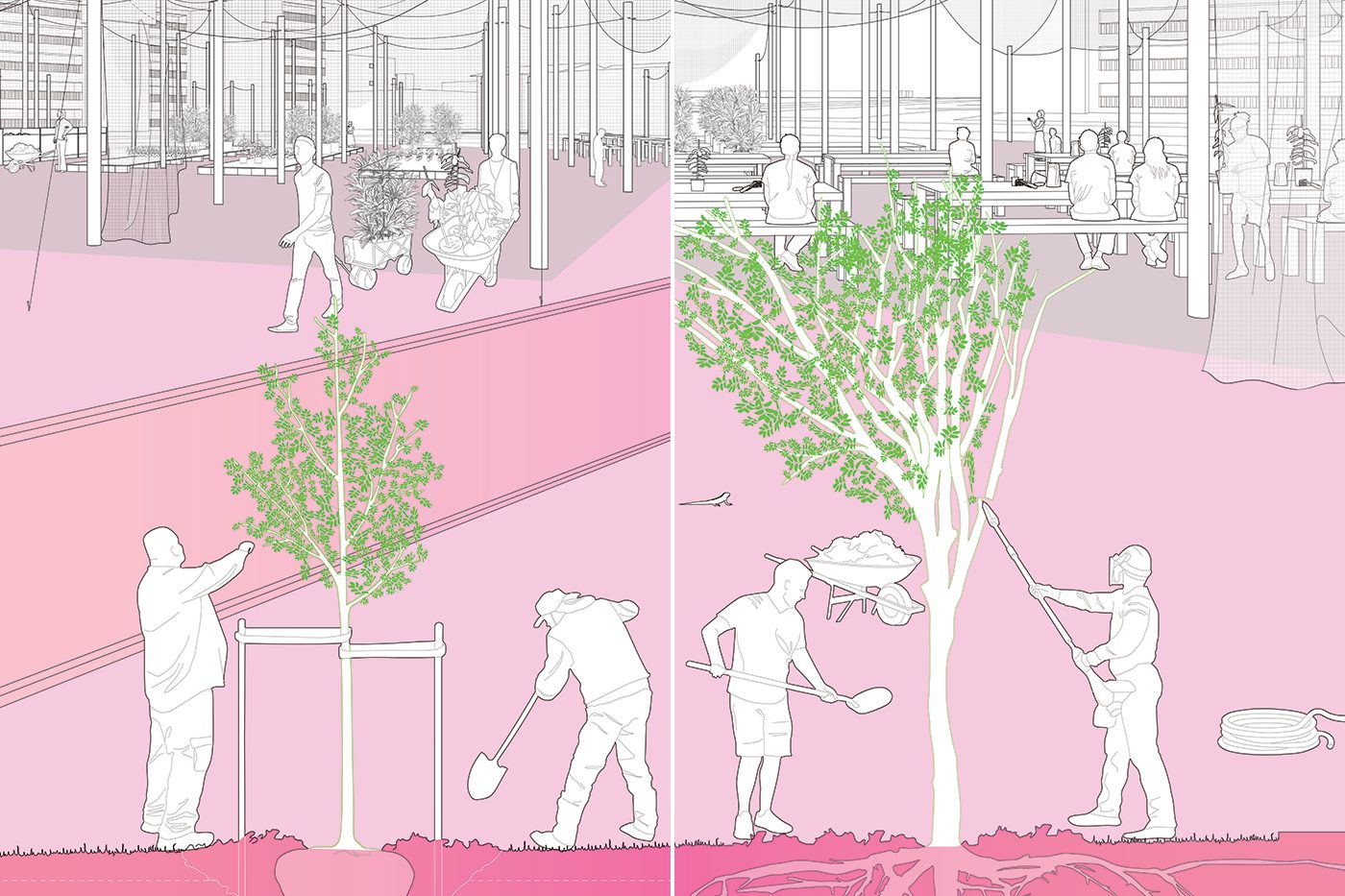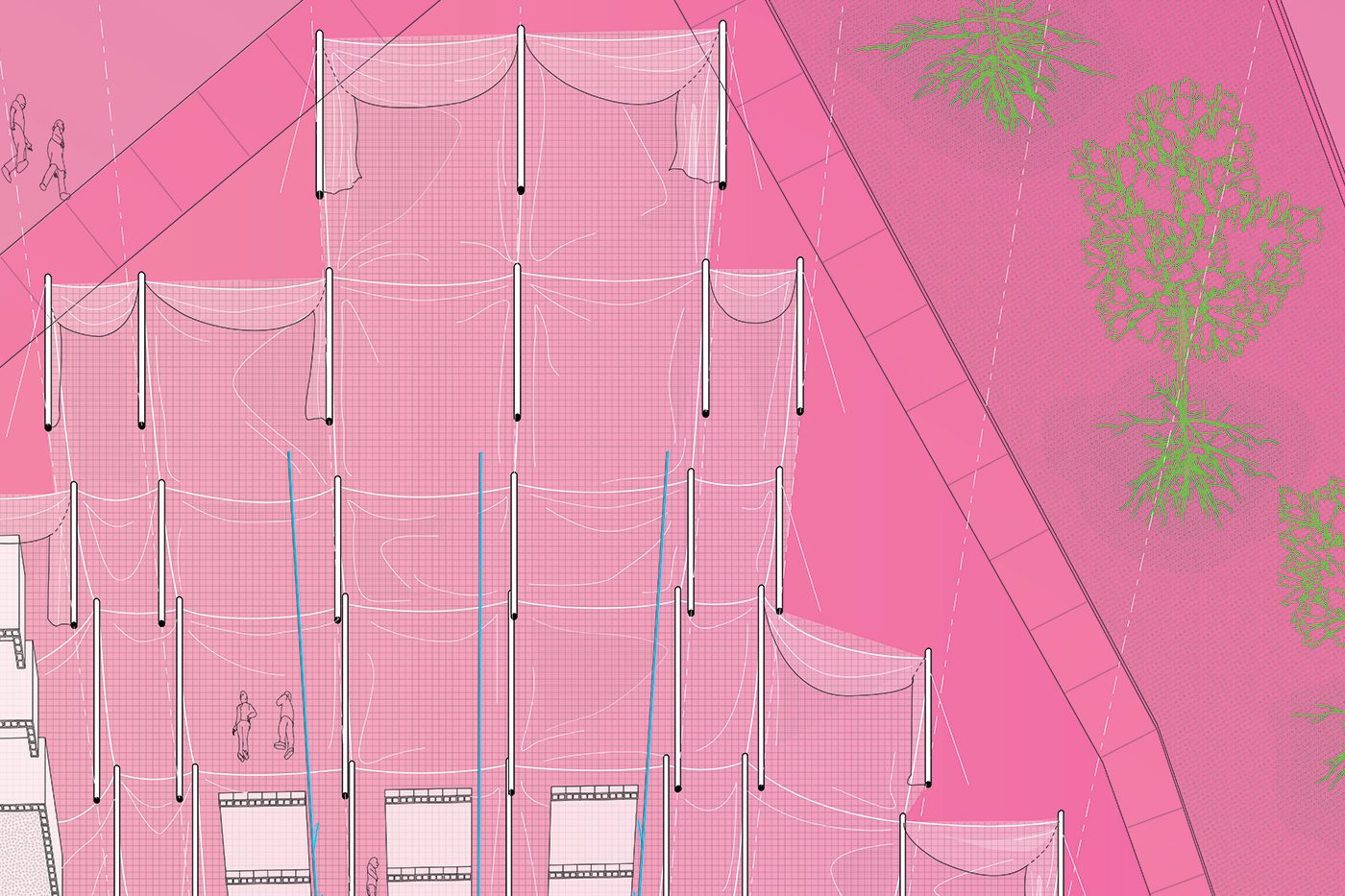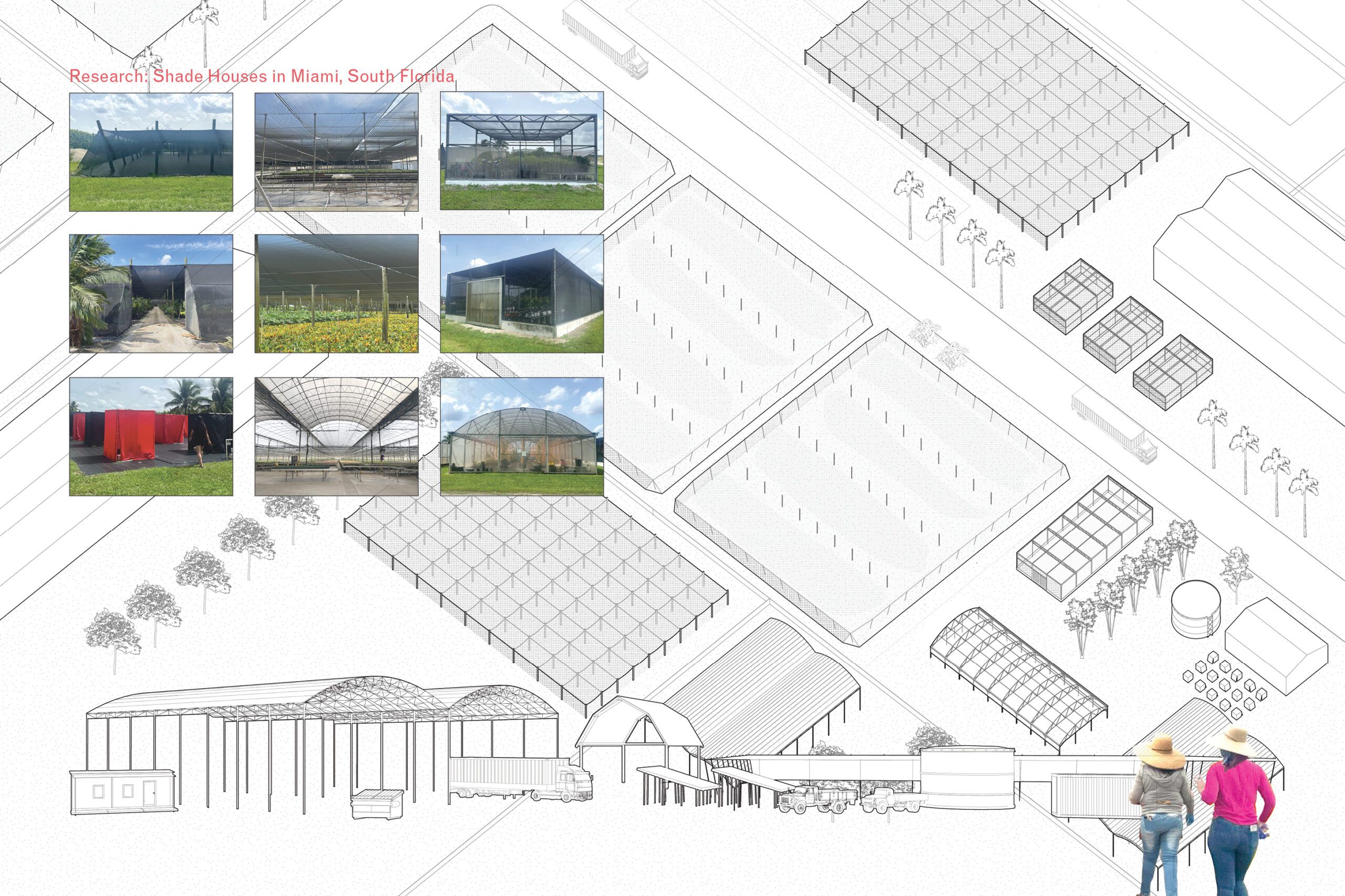Project implementation: USA
Project development: USA
Trees are considered by urban planners and designers to be effective green infrastructure to mitigate the impacts of extreme heat. However, the urban distribution of tree canopy is often correlated to class and race. In Miami, for example, studies by environmental and policy scholars have demonstrated that poorer, racialized neighborhoods have fewer trees than affluent ones. Despite afforestation initiatives, two main problems have persisted in the past decade. First, municipalities can only plant trees in public-owned areas, which can be limiting in scope. Second, the lack of investment in tree maintenance results in “green wasting”– tree saplings do not always survive the first 5 to 10 years before they mature enough to provide effective canopies. In these decisive years, community engagement is crucial to establish systems of continuous care between humans and vegetal life.
This project addresses urban afforestation as both an environmental and an socio-economic project, in which architecture can support a culture of reciprocal care between trees and people. It adapts botanical “shade house” structures ubiquitous in South Florida’s agri- and horticultural areas to the urban context. The interventions equip public and residual spaces with the temporary shade needed to support tree maintenance and articulate community engagements. The goal is to provide an architectural strategy for government-run programs such as tree giveaways, composting, and botanical education accessible by the public at little cost.




